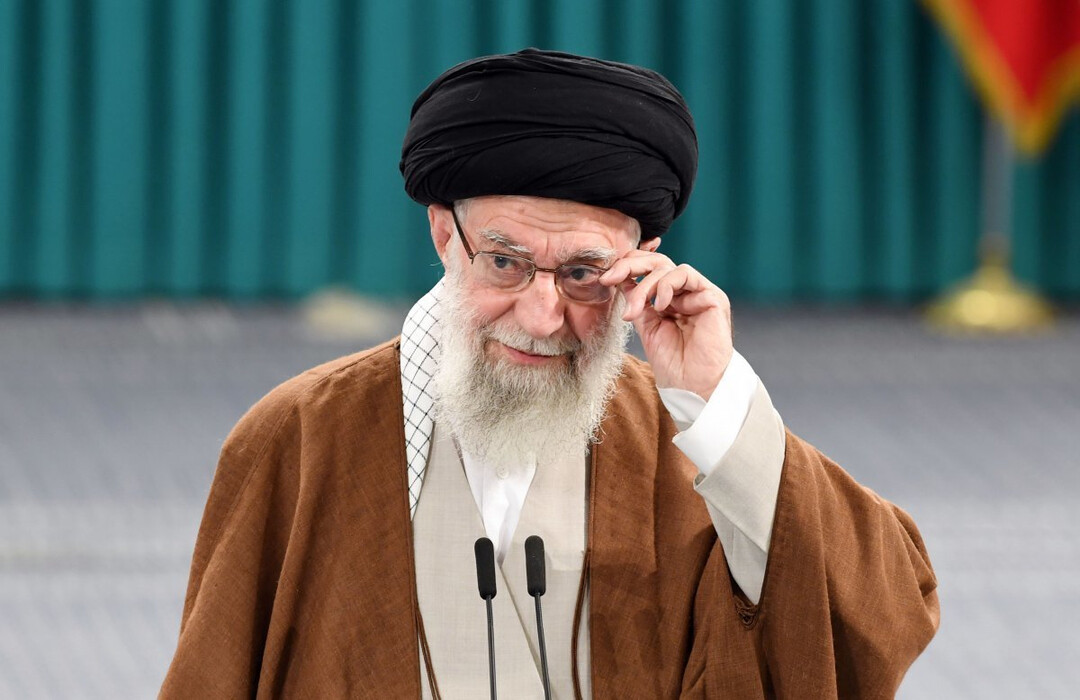
Muscat, Oman – Iran, currently embroiled in a week-long armed conflict with Israel, has indicated a willingness to engage in discussions with the United States if such a proposal were extended, according to reports from The New York Times on June 18. This development coincided with the observed arrival of three Iranian aircraft, including the Iranian presidential plane, in Muscat, the capital of Oman. The arrivals have fueled speculation that Tehran is actively pursuing a diplomatic resolution, particularly as the Donald Trump administration reportedly considers military action against Iran.
A senior official from the Iranian Ministry of Foreign Affairs confirmed to The New York Times that Iran would accept a meeting if President Donald Trump were to propose it promptly. This stance follows remarks made by President Trump on June 16, wherein he suggested that figures such as Steve Witkoff, the White House Middle East Envoy, or Vice President J.D. Vance could initiate dialogue with Iran. The Iranian Foreign Ministry's statement is perceived as a reciprocal gesture, signaling openness to such engagement. Observers suggest that Iranian Foreign Minister Abbas Araghchi is expected to represent Iran in any prospective talks with the United States.
Analysis of flight tracking data by outlets including The Times of Israel revealed the arrival of an Iranian Airbus A340 (registration EP-IGA), identified as the primary presidential aircraft, alongside two other Iranian government-operated Airbus A321s, at Muscat International Airport on June 18. While the precise purpose of these flights remains unconfirmed, the presence of these high-level aircraft in Oman—a historical mediator between Washington and Tehran—strongly implies the transport of Iranian negotiators for critical discussions aimed at de-escalating the regional crisis.
Oman has a long-standing history of facilitating sensitive negotiations between the United United and Iran, particularly concerning Iran's nuclear program. A sixth round of U.S.-Iran nuclear talks had been scheduled to take place in Muscat on June 15 but was abruptly canceled following an Israeli airstrike on Iranian targets on June 13. This Israeli offensive, dubbed "Operation Rising Lion," involved over 200 Israeli Air Force fighter jets targeting approximately 100 Iranian sites, including nuclear facilities, ballistic missile production centers, and key military personnel. Iran responded with missile strikes against Israeli territory, causing damage and casualties, leading to an ongoing exchange of hostilities that has seen both sides target critical infrastructure.
Amidst these escalating tensions, President Trump has adopted an increasingly firm stance, publicly calling for Iran's "unconditional surrender" and asserting American air superiority over Iran. Despite contemplating military intervention, President Trump has also emphasized that a diplomatic resolution would be preferable to further military action, even as he weighs options for potential offensive strikes against Iranian nuclear sites. The possibility of U.S. military involvement has also prompted calls from some U.S. lawmakers for congressional authorization before any such actions are taken.
Meanwhile, Iranian Foreign Minister Araghchi has maintained that Iran will not negotiate under duress but remains committed to diplomacy, excluding direct engagement with Israel. He has also accused Israel's recent military actions of deliberately attempting to undermine any potential agreement between Iran and the United States, underscoring the complex and interconnected dynamics of the current regional instability. Iran, however, has publicly denied sending a delegation to Muscat for new rounds of talks, despite the air traffic observations.
The arrival of the Iranian aircraft in Oman underscores the high stakes of the current situation and the urgent need for de-escalation as the conflict threatens wider regional repercussions.
[Copyright (c) Global Economic Times. All Rights Reserved.]






























